UPDATE (November 24): Michael Bloomberg officially announced his run for the Democratic presidential nomination. "Defeating Donald Trump -- and rebuilding America -- is the most urgent and important fight of our lives. And I'm going all in," he said. "I offer myself as a doer and a problem solver -- not a talker. And someone who is ready to take on the tough fights -- and win."
Previous coverage, from November 11:
Michael Bloomberg, the media tycoon and former mayor of New York City, brings a mixed record on LGBTQ issues to his potential presidential run -- he has been a champion of equal rights, including marriage equality, but some New Yorkers have blamed him for the "Disneyfication" of the city, driving out spaces for its most marginalized people, LGBTQ and otherwise. There has also been widespread objection to his support of the New York Police Department's "stop and frisk" policy, which has been critiqued as racial profiling.
Bloomberg, who has been a Republican, an independent, and a Democrat, filed papers Friday to run in the Alabama Democratic presidential primary and plans to file Tuesday to get on the ballot in Arkansas. Both states will hold their primaries March 3, designated "Super Tuesday," as 14 states will have primaries then. "If we run, we are confident we can win in states voting on Super Tuesday and beyond, where we will start on an even footing," Bloomberg adviser Howard Wolfson told The Washington Post Friday, noting that Bloomberg plans to skip the four earlier contests for the nomination -- in Iowa, New Hampshire, Nevada, and South Carolina.
By at least making a move to enter the race, Bloomberg is indicating dissatisfaction with the current group of candidates. "We now need to finish the job and ensure that Trump is defeated," Wolfson told the Post in an earlier interview. "But Mike is increasingly concerned that the current field of candidates is not well positioned to do that." Wolfson did not name the candidates, but many political observers say Bloomberg would be a rival to former Vice President Joe Biden, a moderate, while possibly becoming a target of Sens. Elizabeth Warren and Bernie Sanders, who are farther to the left and have criticized wealth disparities in the nation.
After making a fortune through a financial information service, Bloomberg LP, that eventually branched out into news, Bloomberg entered politics by running for mayor of New York in 2001. He was elected, succeeding Rudy Giuliani, and ended up serving three terms, leaving office in 2014.
He pushed for New York State's lawmakers to legalize same-sex marriage, which they did in 2011. His backing of the legislation marked a turnabout from when his administration appealed a 2005 court ruling that it was unconstitutional for the city to deny marriage licenses to same-sex couples. The city won the appeal.
But along with fighting for marriage equality in his home state, he donated hundreds of thousands of dollars to successful marriage equality campaigns in Maine, Maryland, Minnesota, and Washington. Also, in 2002, in one of his first acts as mayor, he signed a transgender civil rights bill into law.
On the other hand, he was criticized for failing to follow through on other issues important to transgender people, such as making it easier to change the gender on one's birth certificate, something that happened under his successor, Bill de Blasio. The transformation of Times Square from a gritty, sex-friendly space into a sanitized, tourist-friendly one drove trans sex workers to more dangerous areas, some other detractors said. Yet others said the Bloomberg administration's messaging on HIV wasn't effective with the people most at risk, young gay and bisexual men of color.
"Like so many things in life, where you stand on Bloomberg's contribution to the LGBT movement depends on where you sit," Kerry Eleveld wrote in The Advocate in 2013. "Those who championed the 2011 marriage equality push consider him a hero for helping persuade state Senate Republicans to listen to their better angels. Those who work on issues of poverty and homelessness, which disproportionately affect LGBT youth, dismiss him as an impervious economic elitist who has largely turned a blind eye to New York's record homeless population and an inadequate shelter system."
Bloomberg has employed several high-profile gay staffers as mayor and in his philanthropic efforts. Mark Glaze, a gay man, served as director of Mayors Against Illegal Guns, a campaign cochaired by Bloomberg and Tom Menino, then mayor of Boston. Another gay man, Jonathan Capehart, now a Washington Post columnist, was a speechwriter for Bloomberg during the 2001 campaign.
In a Post column published Monday, Capehart said Bloomberg has "all the qualities that President Trump lacks: a moral core, deeply held convictions, a belief in the power of government to address if not fix problems, respect for the rule of law and reverence for our democratic institutions and the Constitution." But he said Bloomberg has no hope of being the Democratic nominee due to his backing as mayor of a policy known as "stop and frisk," in which police officers stopped people they deemed suspicious and then usually subjected them to searches. "Stop and frisk," Capehart wrote, disproportionately targeted Black and Hispanic men, and in 2013 a federal judge "ruled that while the procedure was constitutional, the stops conducted by the NYPD were not."
"If African Americans are the foundation of the Democratic Party and no candidate will win the nomination without their support," Bloomberg's defense of "stop and frisk" when he was mayor "will make his candidacy a nonstarter for them," Capehart observed. Bloomberg has more recently apologized for the policy, telling a Black church congregation in Brooklyn in November that he was wrong about it, but some consider his apology too little, too late.
Bloomberg considered running for president as an independent in 2016 but ultimately decided against it. He feared an independent candidate would draw votes away from the Democratic nominee and throw the election into the hands of Congress, then controlled by Republicans, who would choose either Donald Trump or Ted Cruz, he wrote on one of his company's websites. He said he had been friendly with Trump and even appeared on his reality show, The Apprentice, but thought he had run "the most divisive and demagogic presidential campaign I can remember, preying on people's prejudices and fears." Cruz, he said, was "less bombastic" but equally divisive. Bloomberg later endorsed Hillary Clinton for president, and he had endorsed Barack Obama in 2012.















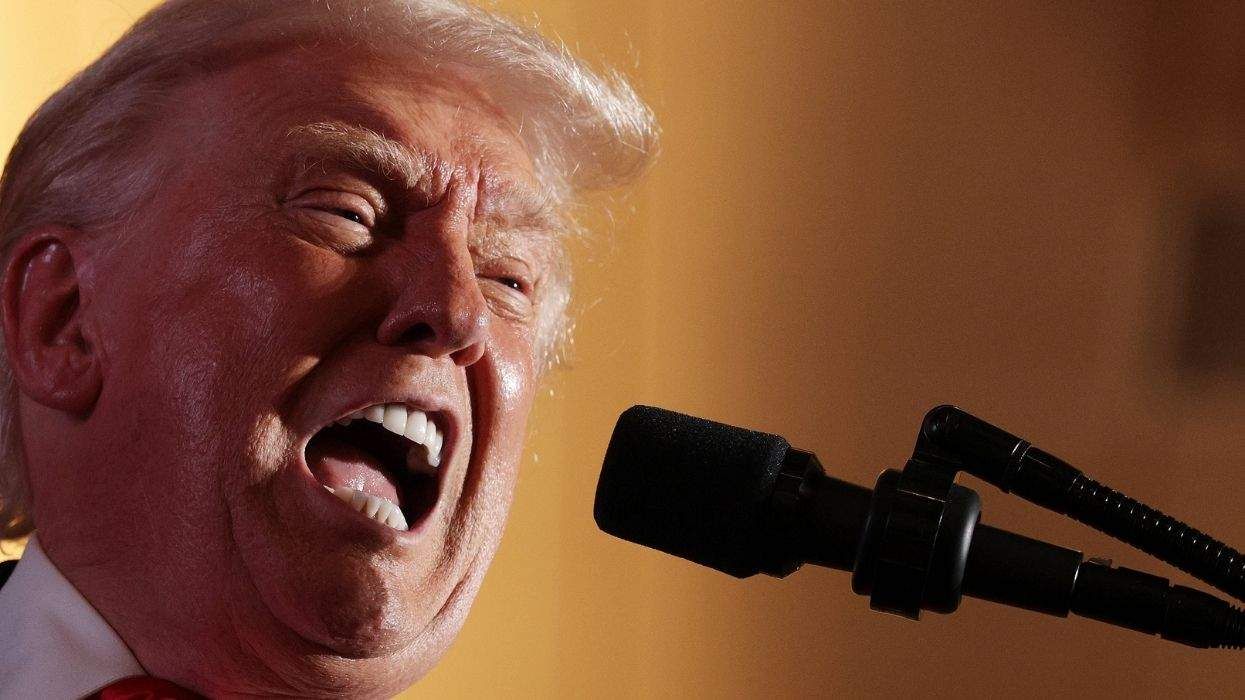

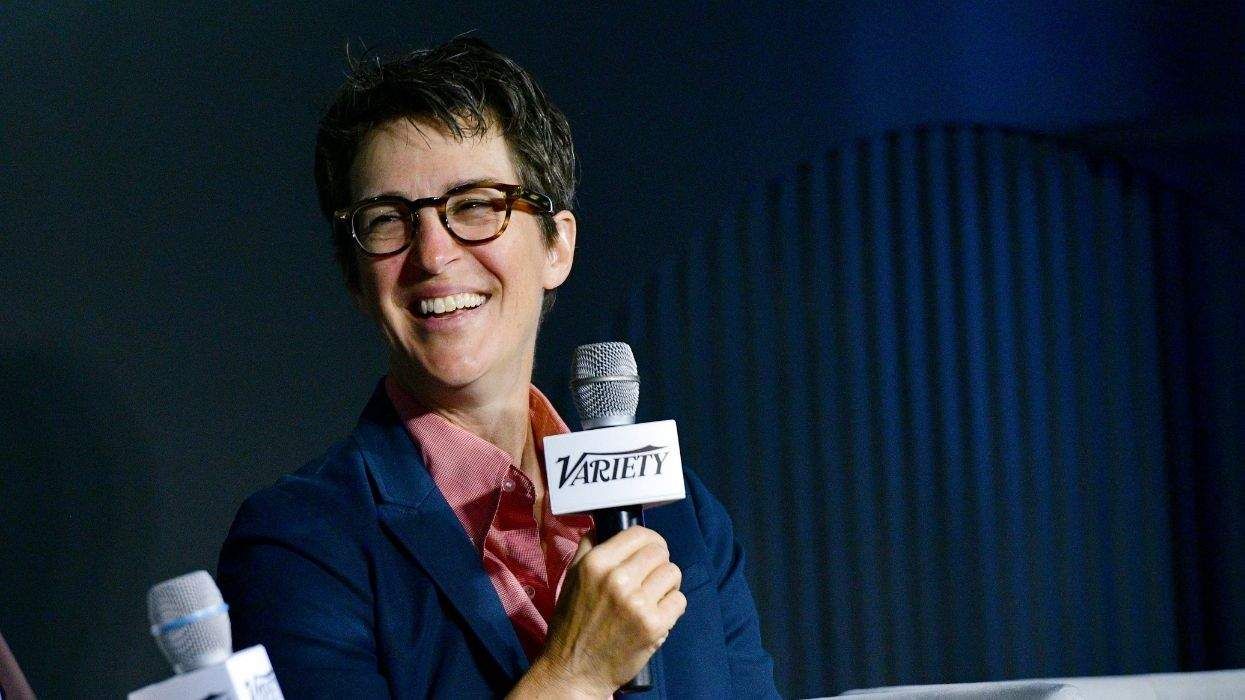
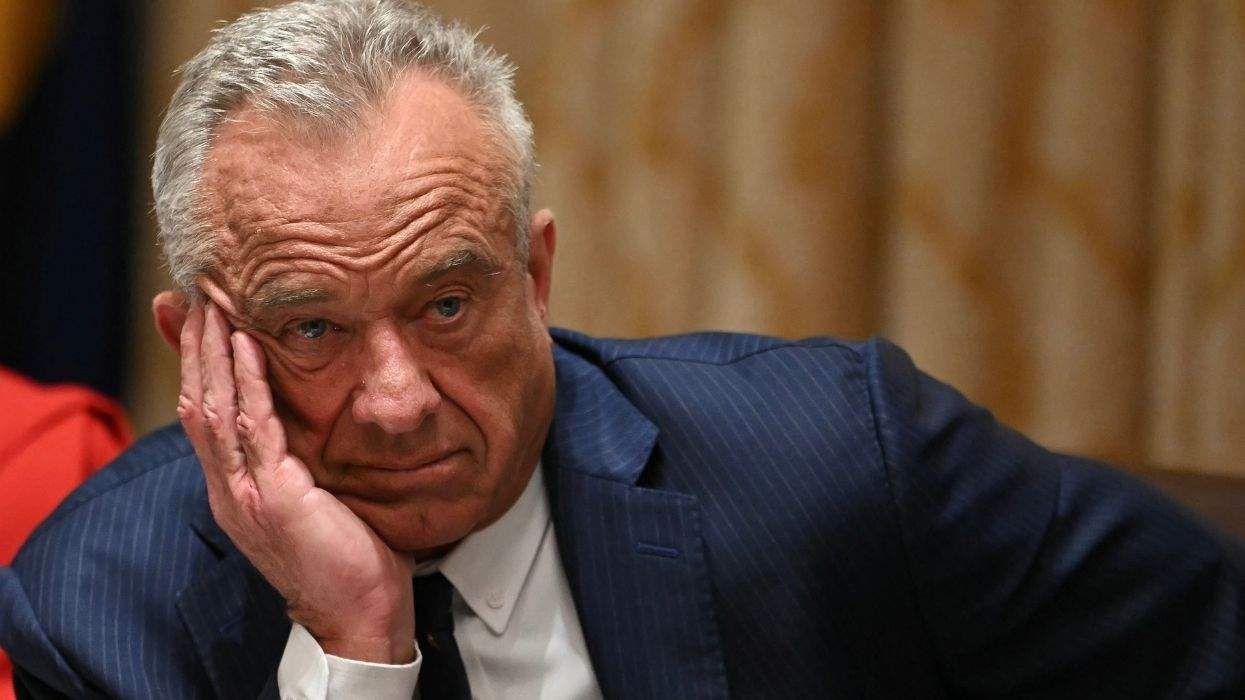

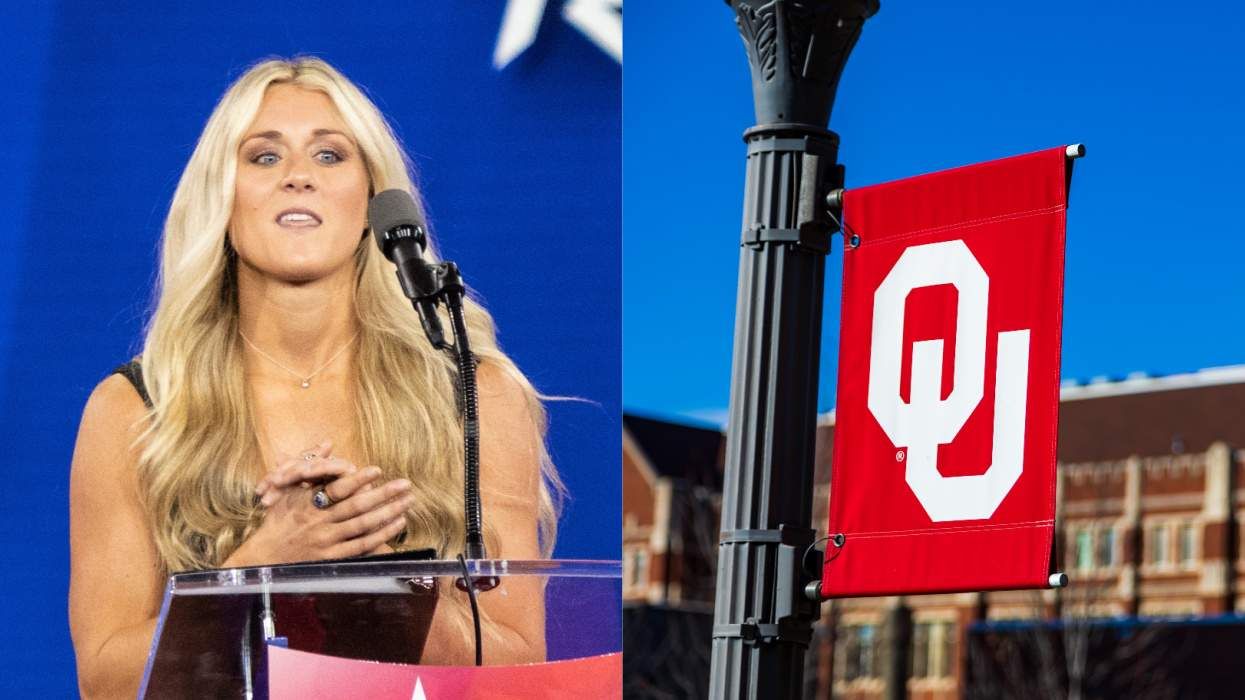


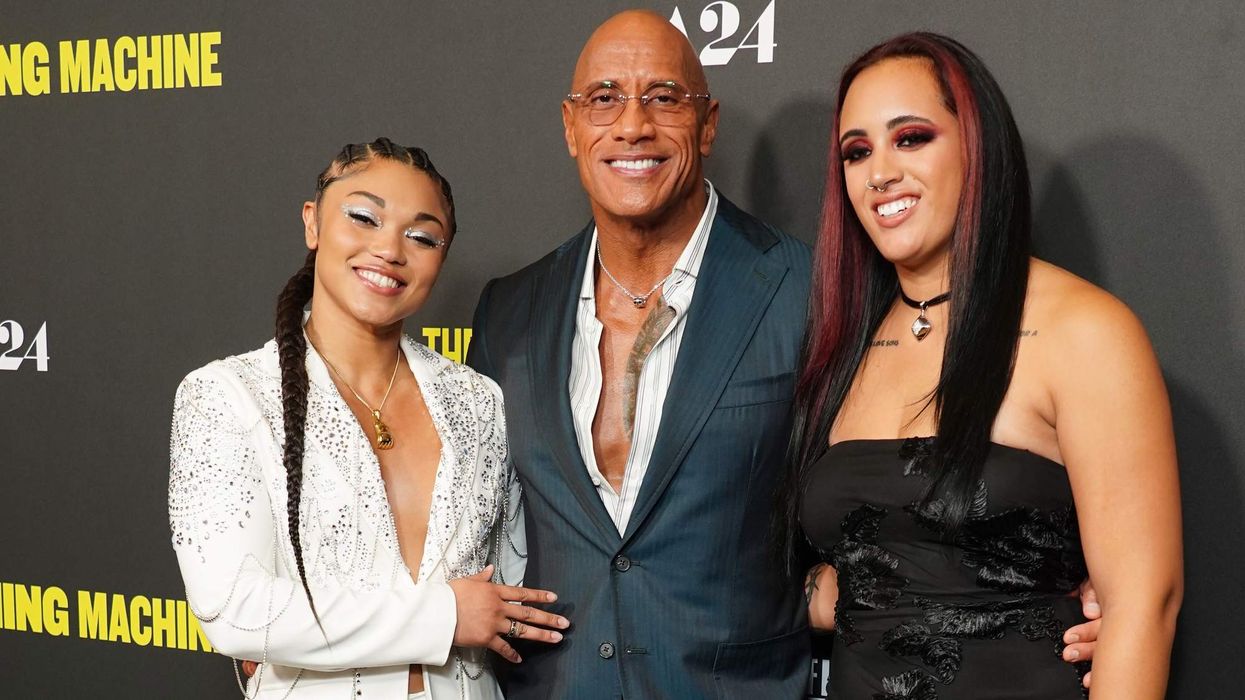
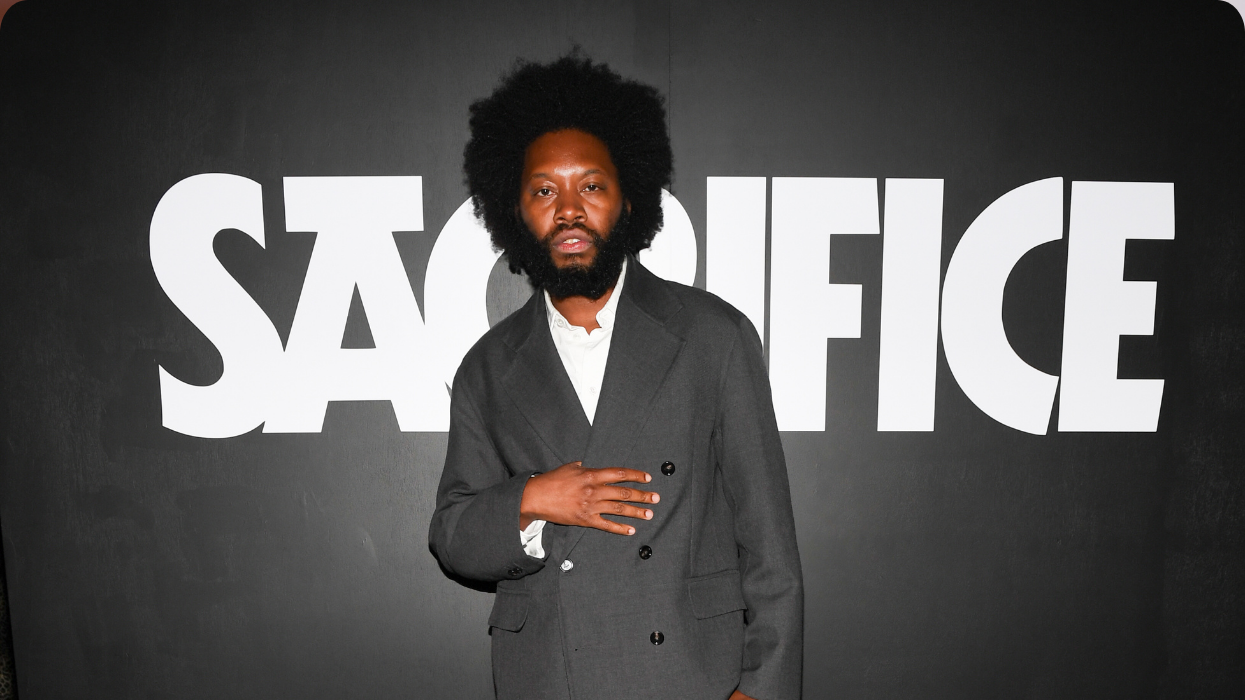
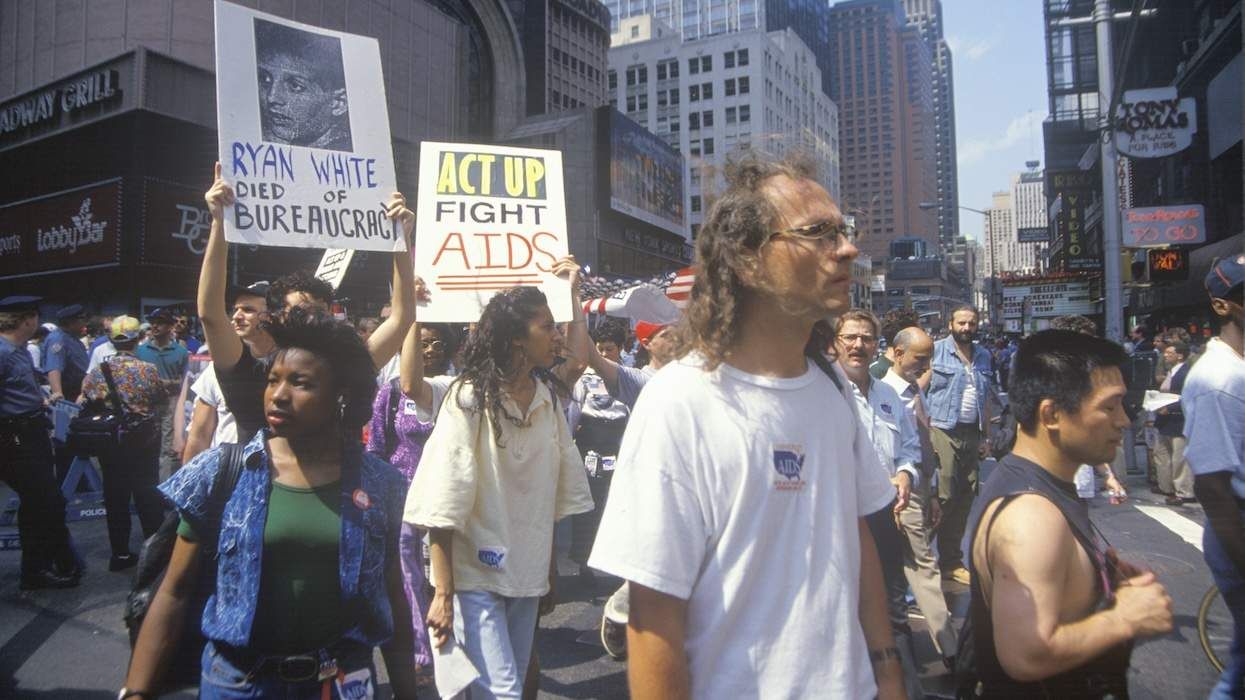

















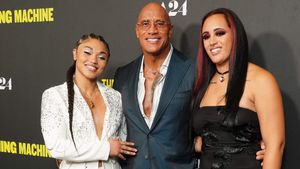



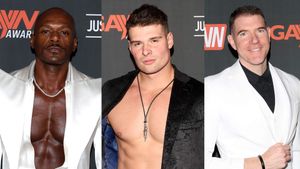





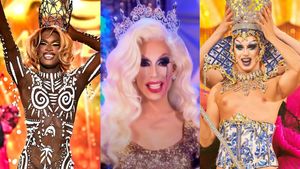









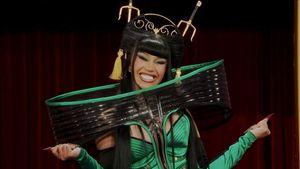

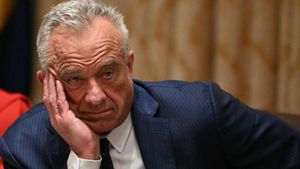


Charlie Kirk DID say stoning gay people was the 'perfect law' — and these other heinous quotes